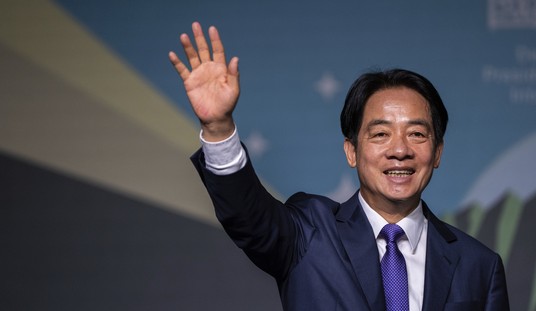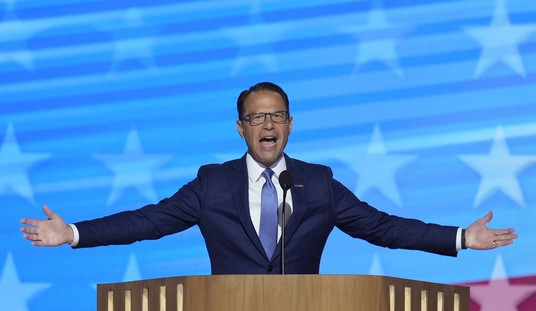This morning’s Gospel reading is Matthew 17:1–9:
Jesus took Peter, James, and John his brother, and led them up a high mountain by themselves. And he was transfigured before them; his face shone like the sun and his clothes became white as light. And behold, Moses and Elijah appeared to them, conversing with him. Then Peter said to Jesus in reply, “Lord, it is good that we are here. If you wish, I will make three tents here, one for you, one for Moses, and one for Elijah.” While he was still speaking, behold, a bright cloud cast a shadow over them, then from the cloud came a voice that said, “This is my beloved Son, with whom I am well pleased; listen to him.” When the disciples heard this, they fell prostrate and were very much afraid. But Jesus came and touched them, saying, “Rise, and do not be afraid.” And when the disciples raised their eyes, they saw no one else but Jesus alone.
As they were coming down from the mountain, Jesus charged them, “Do not tell the vision to anyone until the Son of Man has been raised from the dead.”
Perhaps I’m one of the few people who truly enjoy all three Back to the Future films. The first was an absolute perfect time-travel fantasy, full of fun, danger, and Huey Lewis. The second made you think about the consequences of manipulation, not just on yourself but on everyone around you. And the third was a fun riff on the Wild West, much less frenetic but still an enjoyable ride, with a perhaps too-cute resolution at the end. (Plus Mary Steenburgen, an added bonus.)
In all three films, though, one point keeps getting driven home over and over again. No matter what they do, they end up changing the world in some small fashion in ways that cannot be undone. In the first and last films, the changes end up being around the margins; “Eastwood Canyon,” for instance. In the second, the changes are much more transfiguring of that flexible hamlet Hill Valley.
The message in all three films is clear — the choices we make change us and the world around us, sometimes in very unexpected ways. Underlying that is the fact that we make those changes lacking perfect knowledge, which means that those changes play out in unexpected and even dangerous ways. When that happens, we have to work through the damage of poor choices and hope to atone and redeem them through better choices later.
Today’s Gospel and readings bring the reality of transfiguration to us. In our first reading in Genesis, the Lord tells Abram — soon to be transfigured into Abraham — the plans He has for the world through Abram’s transfiguration. Because of Abram’s hospitality and love, God will use Abram to become the father of a great nation of people, all of which will return to the Lord in their own time. Eventually, Abraham’s choice to be transfigured will change the entire world, even as other choices keep changing it in other ways.
Contrast this with the first transfiguration we see in Genesis. In the beginning, Adam and Eve lived in close communion with the Lord, walking in His garden and enjoying the best of material and spiritual life. Rather than be content with this relationship, the two freely chose to transfigure themselves with greater knowledge than they could handle. They wanted to be gods themselves rather than abide with God on the terms of His love for them.
What happens as a consequence of choosing this transfiguration? They get cast out of the garden as a personal consequence, but original sin sinks into human nature as a long-range consequence. The material world grows harsher, and eventually one of their sons kills another in a fight over God’s favor. That transfiguration becomes a ruination for Adam and Eve and their lives, with consequences felt to this very day.
Consider a different transfiguration, too, one that might not come immediately to mind. The Lord transformed the Israelites from an enslaved people to a mighty nation through Moses, forming them for the purpose of being a nation of priests and prophets to the entire world. This reached its height in David and Solomon, but the kingdom lost its way by choosing to be transfigured by the world rather than the other way around. They adapted and adopted worldly ambitions of power and indulged in idol worship rather than transfigure themselves fully to the Lord. Eventually the Israelite and Judean kingdoms crumbled, a consequence of choosing the wrong path of transfiguration.
It is in this wreckage that Christ came to recall us from our own attachments to sinfulness and selfishness. On Mount Tabor, the disciples get the clearest message they can receive about the choices in front of them. They see the transfigured Jesus in the splendor of His heavenly form, along with those of Moses and Elijah; they also receive a theophany of the Lord Himself telling them, “This is my beloved Son, with whom I am well pleased; listen to him.” There is nothing left to the imagination here — the three disciples know precisely what the choice to follow Jesus will mean for them if they remain true to it.
These are the choices we make each day as His disciples, and each of them have their own consequences. Those choices change the world, in small ways usually but sometimes in larger ways as well, changes that can resonate unpredictably through our lives and the lives of others. We cannot know all of the ways in which that occurs, which is why it is incumbent upon us to choose carefully and with the highest stakes in mind. When we follow the Lord, it allows us to “rise and … not be afraid,” because we can then trust the Lord’s plan and perfect knowledge rather than try to calculate all of the angles for ourselves.
Each day we transfigure ourselves in one way or the other through those choices. Which transfiguration will we choose today?
The front-page image is a detail from “Transfiguration of Christ” by Giovanni Bellini, c. 1487, currently located at the Museo Nazionale di Capodimonte. Via Wikimedia Commons.
“Sunday Reflection” is a regular feature, looking at the specific readings used in today’s Mass in Catholic parishes around the world. The reflection represents only my own point of view, intended to help prepare myself for the Lord’s day and perhaps spark a meaningful discussion. Previous Sunday Reflections from the main page can be found here. For previous Green Room entries, click here.







Join the conversation as a VIP Member